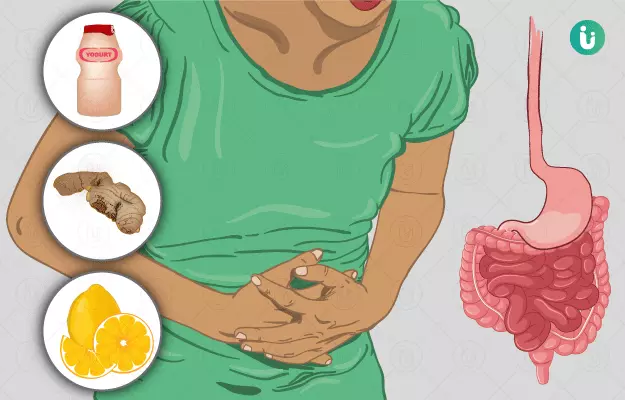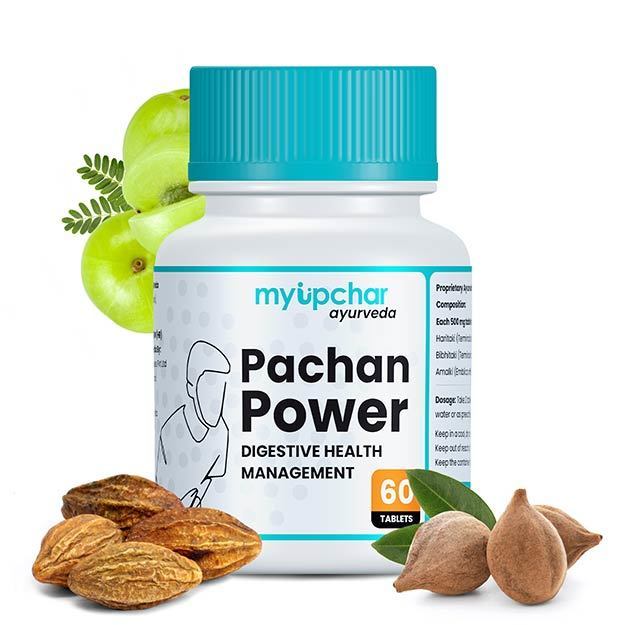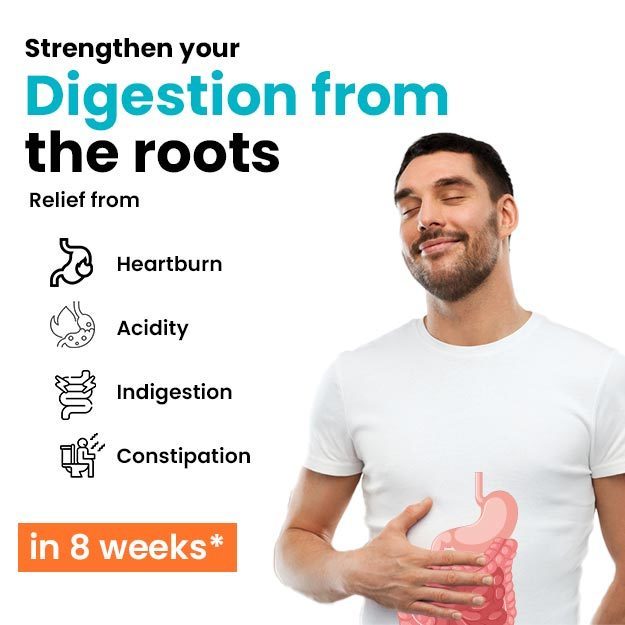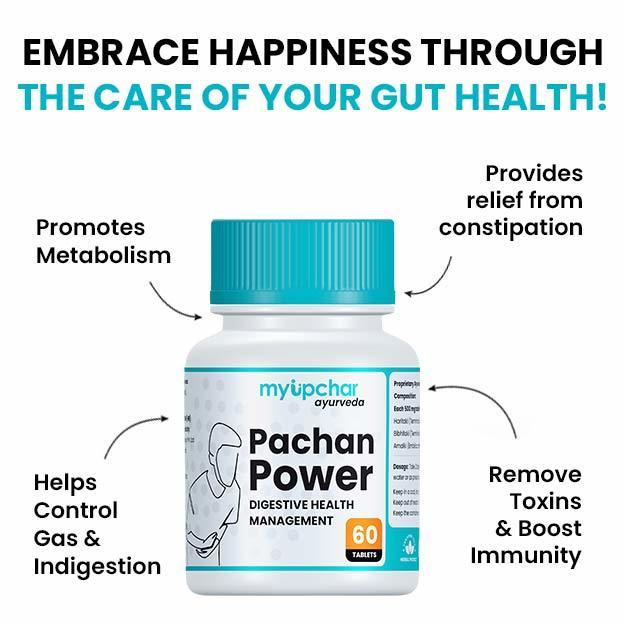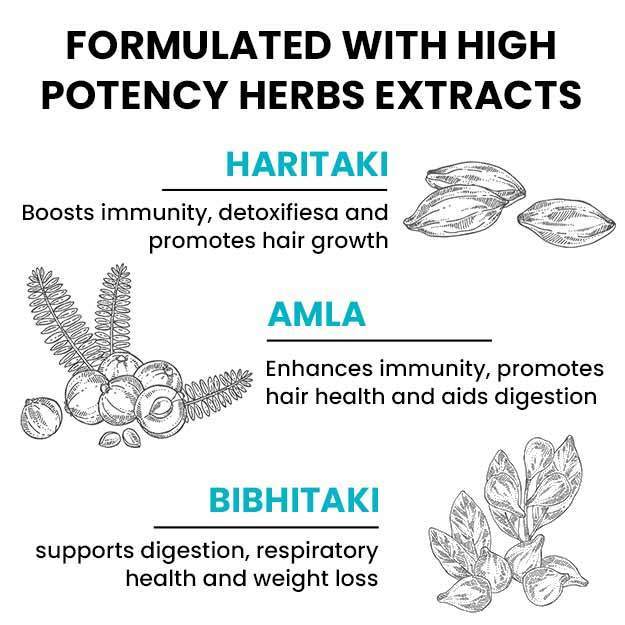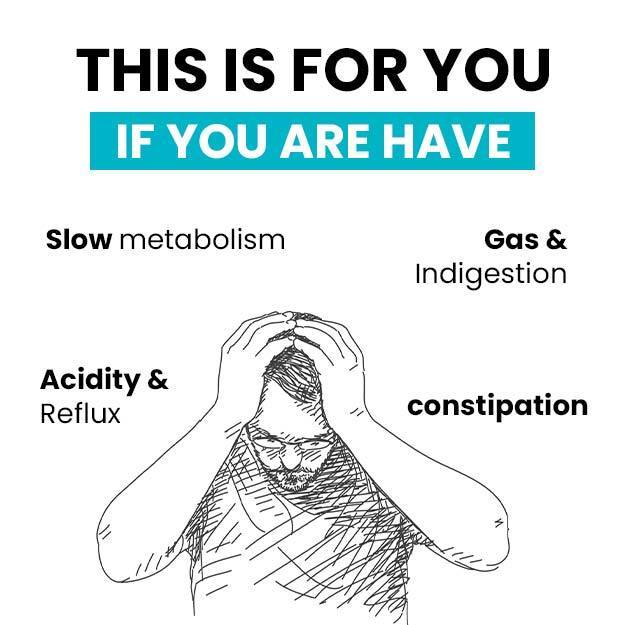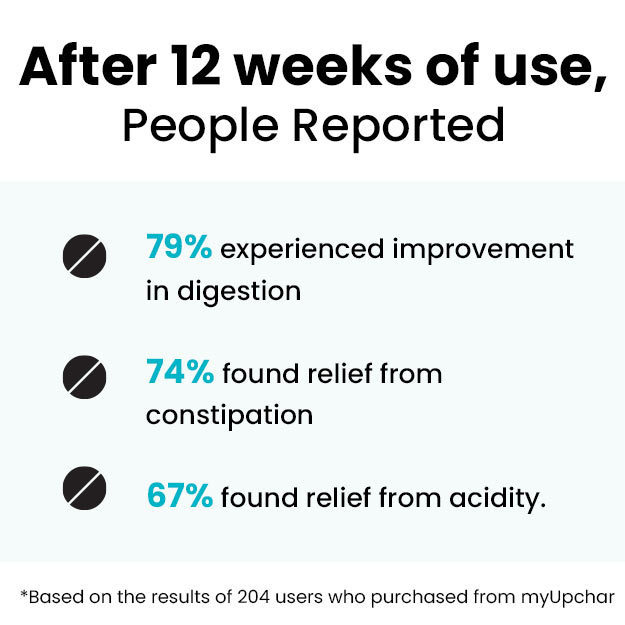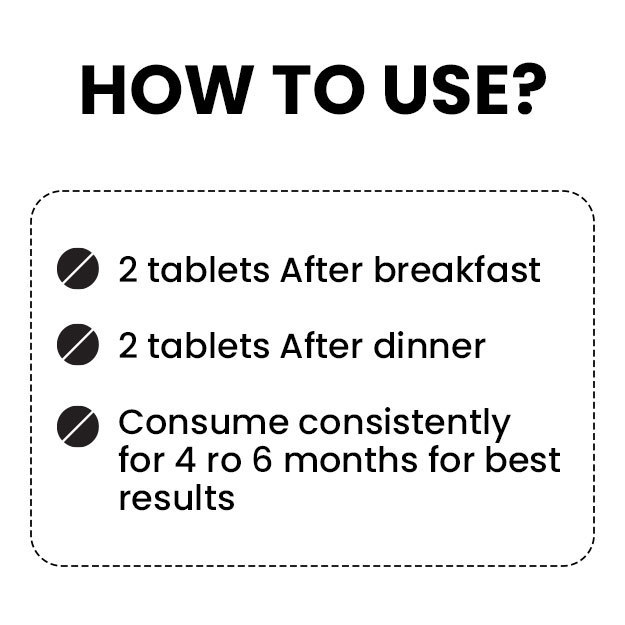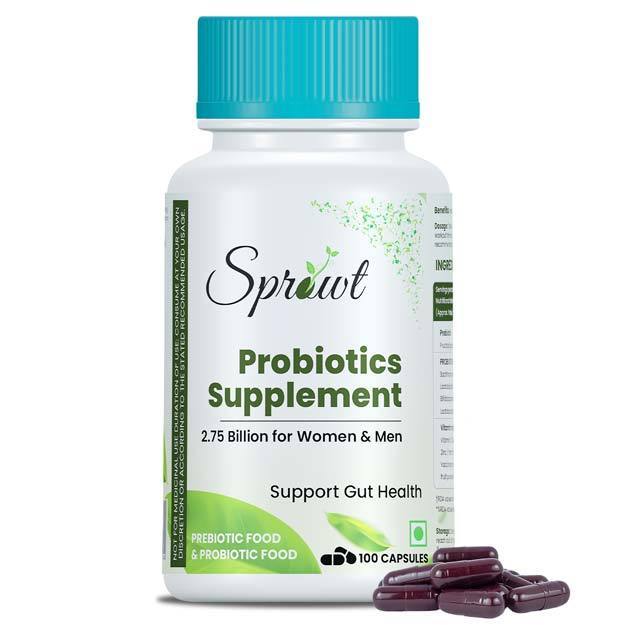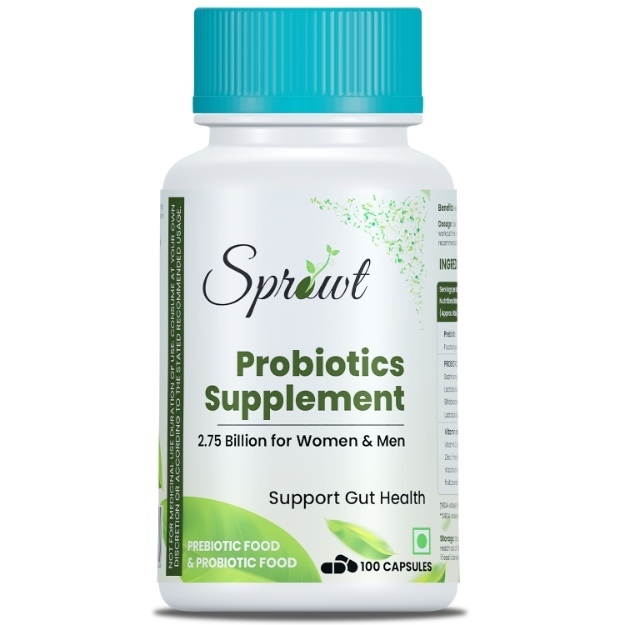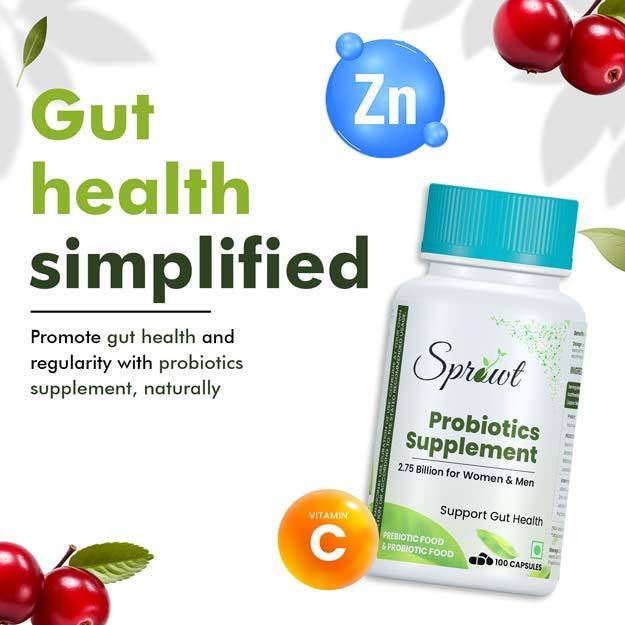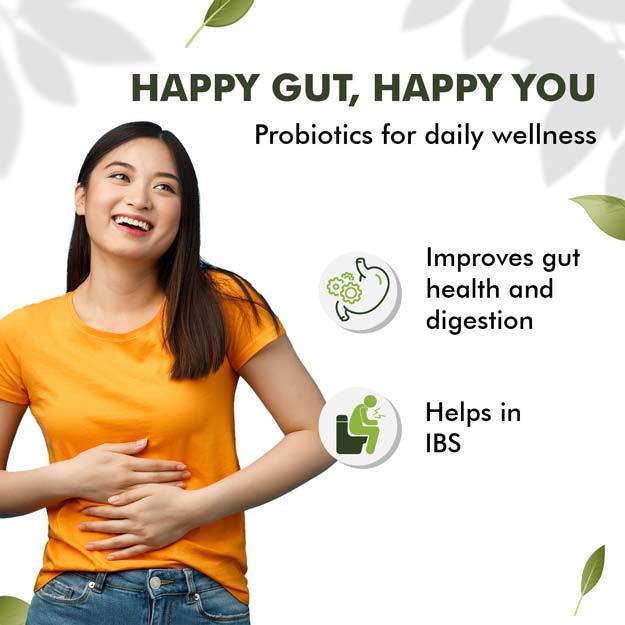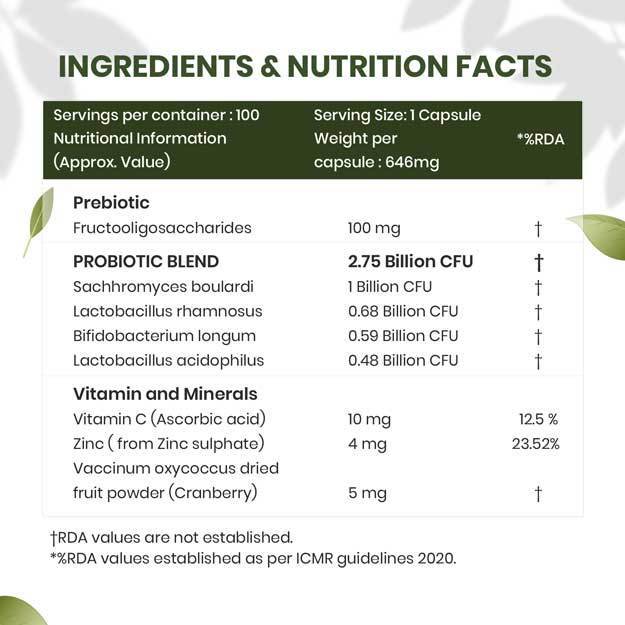Digestion of food is a basic function performed by the body at all times, more so, while one is awake than when sleeping. It begins the moment you chew food and terminates with the excretion of waste. But, this process is perpetual, with digestion going on at different paces at all times.
Digestion is responsible for providing the body with the energy derived from food, and it helps in providing nourishment to all the organs and tissues of the body. It also helps in avoiding deficiencies. Since digestion is such an important aspect of overall health, poor digestion certainly increases the risk of diseases, and it is essential that you take care of it.
This can be done by adding certain dietary components, like fibres, which improve digestion, and by efficiently timing your meals. The foods that improve digestion has been discussed in this article along with the foods to avoid for better digestion and other tips.

